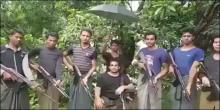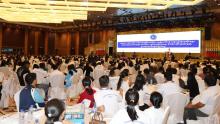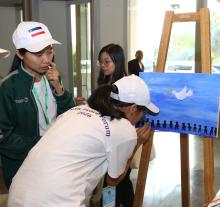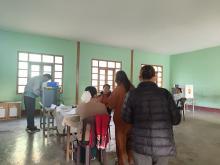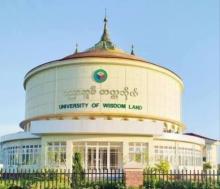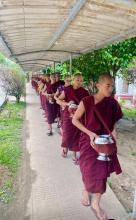Internationally Overlooked ARSA’s Terrorist Acts at Myanmar’s Western Gateway
When we speak of a nation, its sovereignty and territorial integrity are as vital as life itself. No government of any country in the world would simply look on and do nothing if terrorists launched attacks against its security forces, police outposts, and innocent civilians. Such a response is legitimate both under international law and under a nation’s right to self-defence.

